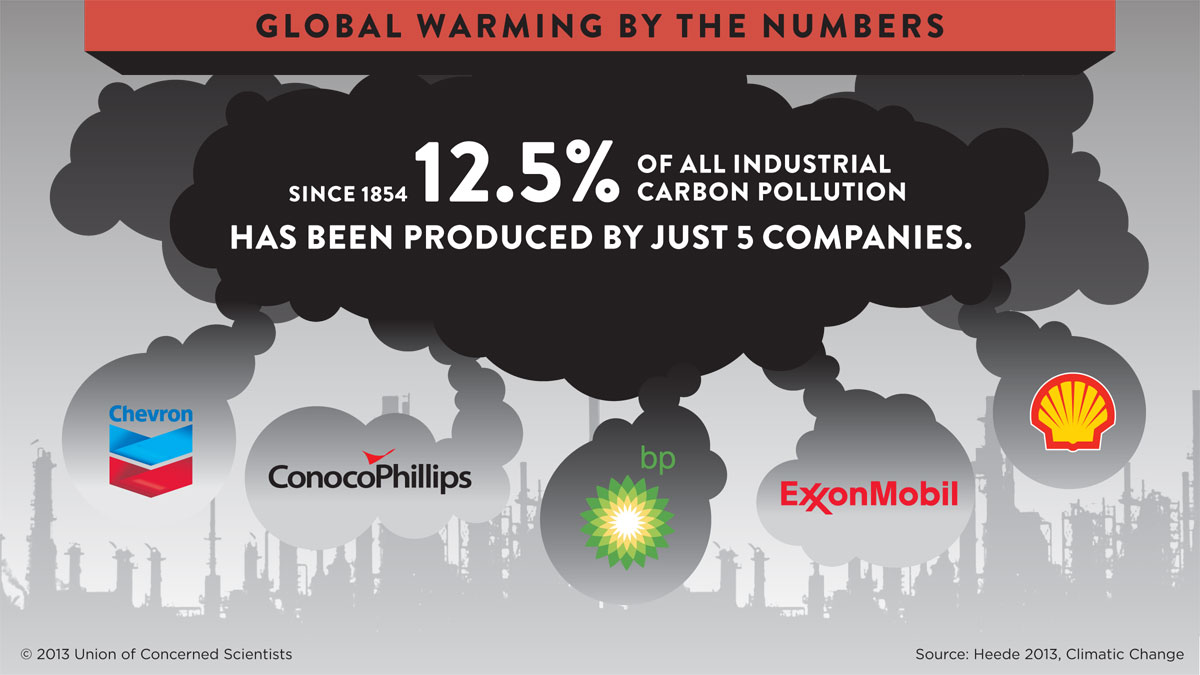In one of his first acts as President, Donald Trump this week launched a head-on assault on the communication of scientific truth about environmental issues, in particular about what is happening to our climate. He put gagging orders on climate scientists from state agencies, closed down social media accounts and took down all government webpages relating to climate action. There is no question but that the torrent of lies and misinformation involved will soon extend beyond websites and state agencies and filter down to school curriculums.
At the same time, he ordered that work on the biggest oil pipeline project, linking the US to the tar sands in Canada, be re-started. This had previously been closed down by President Obama. Congress, following pressure from the American Petroleum Institute (backed by Exxon), looks set to repeal the Frank-Dodd Act next week. This came into effect in 2016 to secure corporate transparency within the fossil-fuel industry. Its enactment was won on the back of a global campaign.
The most disturbing aspect of this is perhaps the speed at which established scientific facts, with such momentous bearing on our children’s future, are being blatantly disregarded. Environmentalists and scientists seem to be dumbstruck by the clinical precision with which Presidential Orders are being signed. Many of the orders will be challenged as un-Constitutional, skating very close to breaching the US first amendment.
This has global repercussions. It is a massive, if not fatal, blow to global efforts to combat accelerating climate change. The powerful vested interests of the fossil-fuel industry, which were out in the cold for the last eight years, have now returned with frightening force. They are not just influencing the agenda now, they are running the show. Resistance now requires more than a bit of part-time campaigning, it require global resistance on all fronts. It must involve a sustained challenge to the state sponsored ‘alternative facts’ that are rooted in conjecture and personal opinion
It is against this sombre backdrop that the Dáíl voted this week to move forward a landmark piece of legislation on divesting the Irish Strategic Investment Fund from all fossil fuels. The Private Members Bill, brought forward by independent Thomas Pringle TD, was supported by all opposition parties. This meant that Fine Gael lost its amendment to scrap the Bill by 90 to 53. The Bill had the backing of Ireland’s growing climate movement and many civil society groups including Trócaire, Friends of the Earth and An Taisce, who have actively campaigned for Irish divestment for the past year. The Bill will not automatically address Ireland’s lack of foresight on climate action, that will take more than one law. However, it would go some way to sending a signal that Ireland has actually left the starting blocks on a transition to a carbon free economy.
If passed into law, Ireland would become the first country to divest state assets fully from fossil fuels. Although the amount invested is small materially, and most are legacy investments of the National Pension Reserve Fund, the measure would be hugely symbolic. It is hard to imagine a comfortable meeting between President Trump, his Secretary of State Rex Tillerson (Ex-CEO of Exxon) and the Taoiseach at the White House this March. As Trump and his cabinet move decisively to use every trick in the book to deny climate change and entrench the power of the fossil fuel industry, most especially that of Exxon, Ireland would find itself as a leader in directly challenging the legitimacy of state sponsorship of the same industry.
Ireland will surely not remain alone for long on this issue. Similar campaigns are being pursued for other states to divest their sovereign wealth funds from fossil fuels. The Paris Agreement commits governments to examine how their financial investments line up with their commitment to keep global temperatures below 2 degrees C above pre-industrial levals. The global divestment movement is growing daily and has received a significant boost from reaction to President Donald Trump. This is a highly effective campaign which combines basic financial common sense: no planet equates to no profits, with a moral obligation, and an international-legal obligation to deliver on the Paris Agreement. All eyes are looking at Ireland. The government’s general climate policies need recalibration to ensure a position on the right side of history.
Lorna Gold is Head of Policy and Advocacy with Trócaire
